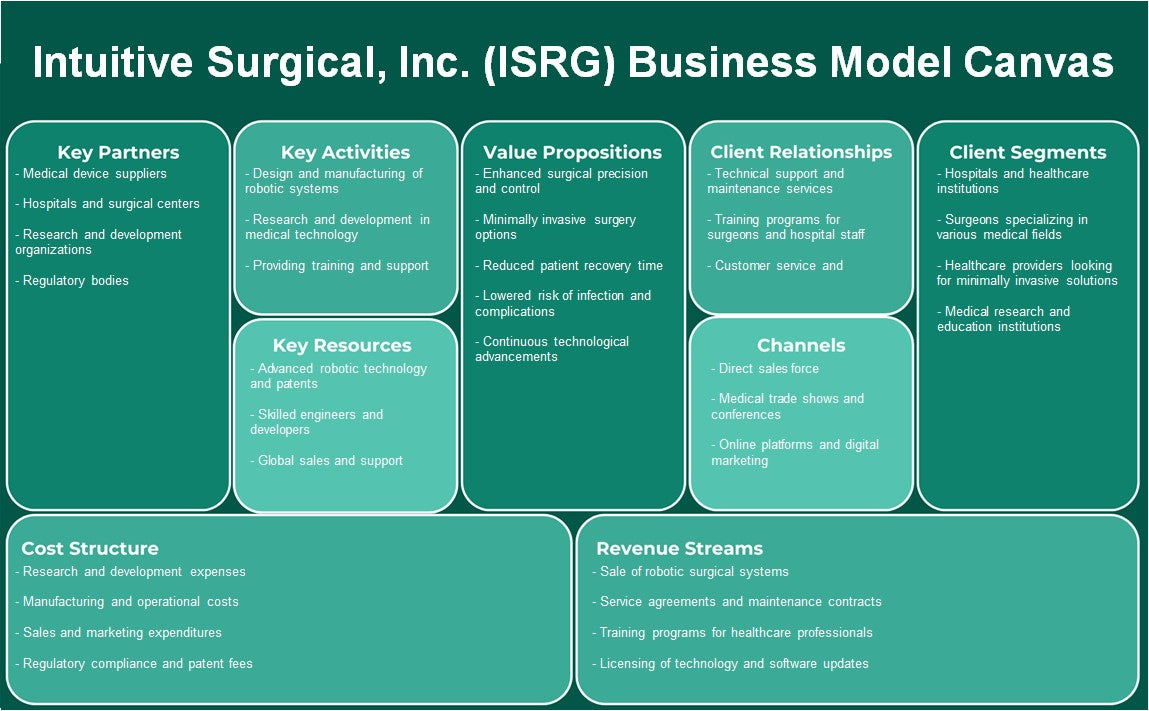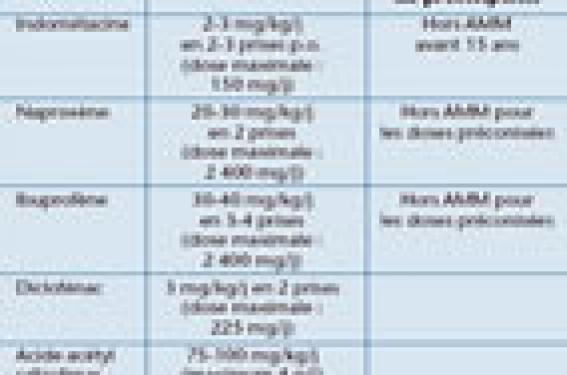|
IN BRIEF
|
Minimally Invasive Medicine: A Revolution in the World of Surgery
There minimally invasive medicine stands out as a real revolution within the medical sector. It marks a turning point in the way traditional surgical interventions are approached, bringing together innovative techniques that minimize the trauma associated with the procedures. At the heart of this transformation are many specialized engineers, from major companies such as J&J and Abbott, which design cutting-edge devices to improve patients’ lives. This article offers an in-depth analysis of their ideas and visions on the future of medicine, while revealing the issues and challenges of this growing field.
The Spring of Medical Technologies
There minimally invasive medicine takes advantage of technological advances to offer less aggressive surgical solutions. Interviews with engineers from leaders such as Johnson & Johnson (J&J) and Abbott illustrate how these technologies are transforming surgical practices. Engineers cite devices like surgical robots, advanced imaging systems and navigation tools as contributing to faster recovery and reduced post-operative pain. They also underline the importance of close collaboration between engineers, doctors And patients, creating a dynamic ecosystem where innovation is permanent.
Engineers at the Heart of Innovation
Engineers play a fundamental role in the development of new surgical tools. In interviews, experts from J&J and Abbott share inspiring stories about designing devices that integrate surgeon needs and patient experience. They explain how feedback from doctors makes it possible to make necessary adjustments, combining practicality and efficiency. Engineers match the art of innovation with clinical requirements through rigorous testing and constant adjustments.
Multi-Disciplinary Collaboration
In the context of minimally invasive medicine, collaboration is essential. Engineers and researchers collaborate with surgeons to develop tailor-made solutions. The discussions reveal that this holistic approach to health is at the heart of the successes, where multidisciplinary expertise contributes to the design of integrated medical systems. By promoting dialogue between disciplines, companies are able to create technologies that optimally meet patient needs.
The Challenges to Face
Despite progress, challenges remain, particularly in the training of surgeons to the use of these new technologies. Engineers from each company attest to the efforts made to ensure adequate educational support. Workshops and training sessions are organized to help health professionals master new techniques. They also emphasize the importance of a crucial notion: safety, because every surgery requires a high degree of safety, and rigorous device reviews are crucial.
Personalization of Care
Minimally invasive medicine also allows personalization of care. The interviews reveal a paradigm shift in the way treatments are administered. For example, Abbott engineers talk about the importance of early diagnosis to provide appropriate treatment. Wearable devices and innovative applications enable real-time patient monitoring, making care not only more responsive but also proactive.
The Future of Minimally Invasive Medicine
The engineers interviewed all share the same opinion regarding the future of their discipline. They see a horizon full of promise, where the integration of digital technologies goes beyond simple medical devices. They are imagining systems integrating artificial intelligence and robotics in operating rooms, allowing even more sophisticated surgical assistance. These innovations not only serve to maximize efficiency, but also to reduce healthcare costs and improve patient access to treatments. The project of medtech-innovator-designe-pour-piloter-le-pole-des-technologies-de-support-dans-la-nouvelle-generation-du-reseau-daccelerateurs-barda/”>MedTech Innovator is on a mission to lead this movement towards technology.
Timed Conclusion on the Potential of Minimally Invasive Medicine
Through the testimonies collected, it is clear that the minimally invasive medicine opens the way to a new surgical era. Discussions with experts from J&J and Abbott confirm that innovations continue to transform medical practice, not only by improving the quality of life of patients, but also by evolving operating methods towards more precise and refined expertise. Apprehensions regarding the adoption of new technologies are dissipating thanks to the collective commitment of health professionals, and the hope of a future where surgery is synonymous with comfort and efficiency grows a little more every day.
Minimally Invasive Medicine
In the field of minimally invasive medicine, live interviews were organized with specialized engineers large companies such as Johnson & Johnson And Abbott. These sessions allowed us to explore the latest technological advances and innovations that are redefining medical practices. These experts share their vision and expertise on the future of medical procedures, highlighting the importance of engineering in health. Through these initiatives, healthcare professionals can benefit from new perspectives and strengthen their understanding of innovative solutions available on the market.













